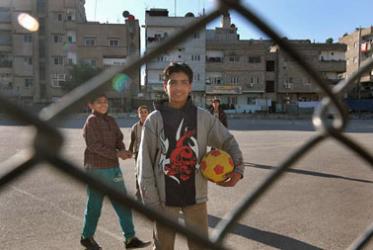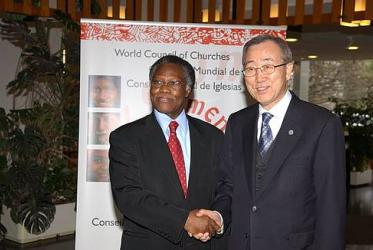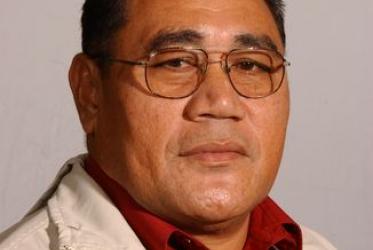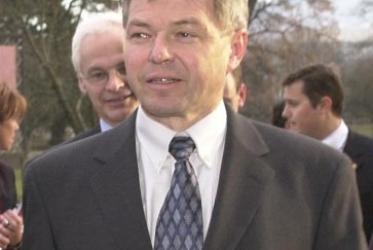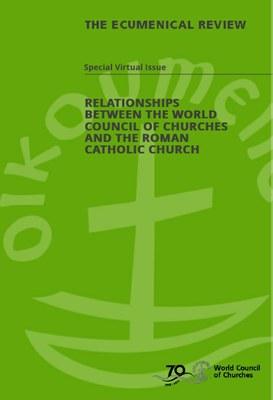Displaying 1401 - 1414 of 1414
WCC calls for UN fact finding mission to Papua
17 March 2008
WCC statements address climate change, other topics
20 February 2008
Church statements should have roots in scripture
19 February 2008
US Christian leaders met Iranian president Ahmadinejad
28 September 2007
The Ecumenical Review
01 January 1970


!["All Iraqis are trying to leave," Clara - a young woman working for the Greek Orthodox Patriarchate in Damascus and a refugee herself - told the WCC delegation. "Since one year the United Nations tell us that they will find a solution [for Iraqi refugees in the region], but nothing happens." "All Iraqis are trying to leave," Clara - a young woman working for the Greek Orthodox Patriarchate in Damascus and a refugee herself - told the WCC delegation. "Since one year the United Nations tell us that they will find a solution [for Iraqi refugees in the region], but nothing happens."](/sites/default/files/styles/teaser/public/newsItem/wjV59XHs.jpeg?itok=YIkp9xNl)
